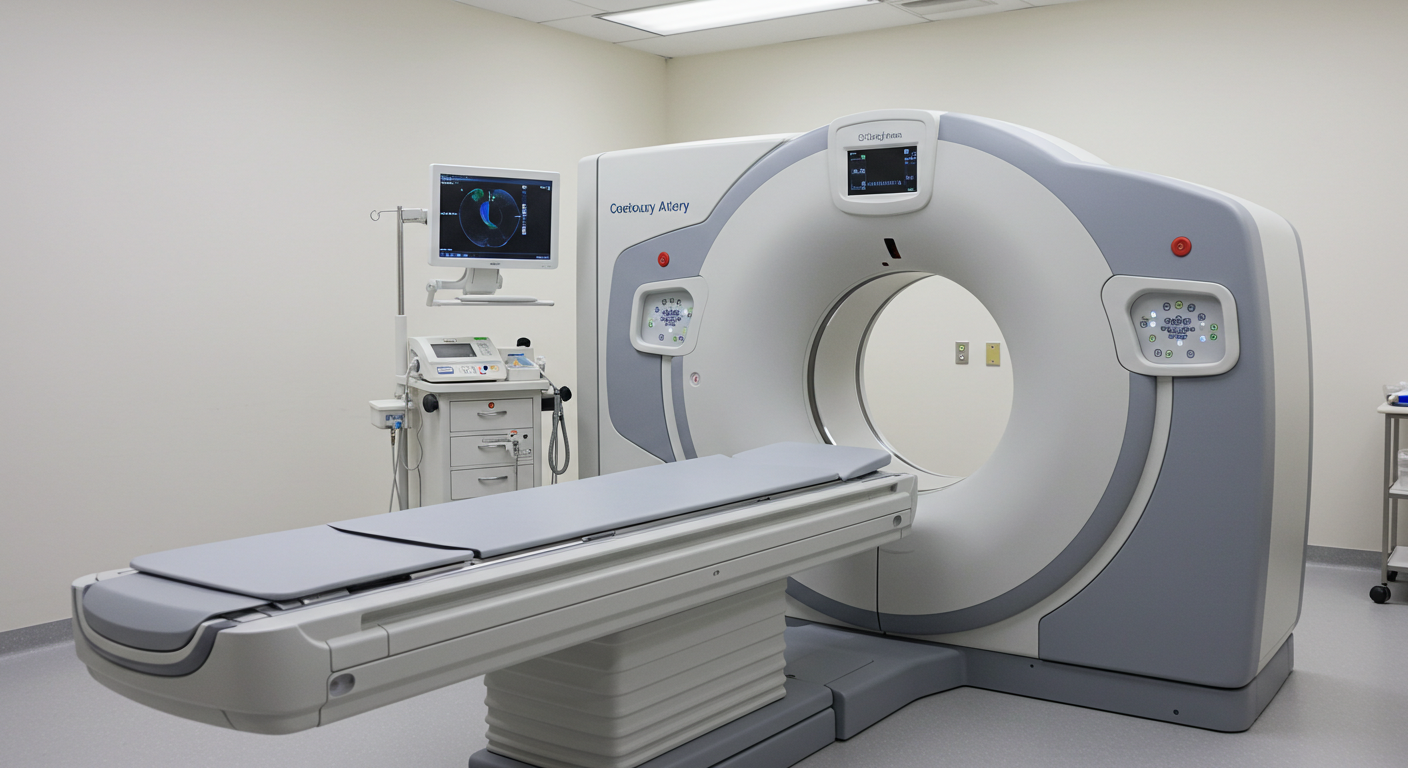Dr. Kumar’s Take:
A recent study from the Western Denmark Heart Registry sheds light on how LDL cholesterol (LDL-C) contributes to heart disease. The key takeaway? If you don’t have coronary artery calcification (CAC), your LDL levels may not be as dangerous as previously thought. However, if CAC is present, high LDL-C significantly raises your risk of heart attack or stroke. This research could reshape how we assess cardiovascular risk and who truly benefits from aggressive cholesterol-lowering treatment.
Brief Summary:
Researchers analyzed over 23,000 patients who underwent coronary CT angiography. They found that LDL-C was only strongly associated with future heart disease events in patients who already had coronary artery calcification (CAC > 0). For those without CAC, high LDL-C did not significantly predict heart attacks or strokes.
Key Takeaways:
✔ LDL-C is a strong predictor of heart disease only when CAC is present.
✔ People without CAC had no significant link between LDL-C and future heart disease.
✔ Other risk factors—like smoking, diabetes, and low HDL cholesterol—still mattered for those without CAC.
✔ Measuring CAC could be key for personalized heart disease prevention.
Study Design:
This was a retrospective cohort study using data from the Western Denmark Heart Registry. The researchers followed 23,132 symptomatic patients who underwent coronary CT angiography (CTA). Patients were split into two groups: those with CAC > 0 and those with CAC = 0. The study tracked heart attacks and strokes over a 4.3-year median follow-up.
Results:
✔ LDL-C was associated with increased heart disease risk only in patients with CAC > 0.
✔ Patients with CAC = 0 saw no significant association between LDL-C and future events.
✔ A very high LDL-C level (>193 mg/dL) was linked to a 2.42x higher risk of heart disease, but only in those with CAC > 0.
✔ For those without CAC, other factors like diabetes, smoking, and low HDL were stronger predictors of heart disease.
Why This Matters:
This study suggests that LDL-C levels alone may not be a universal predictor of heart disease. Instead, coronary artery calcification plays a key role in determining risk. This could mean that individuals without CAC may not need aggressive cholesterol-lowering medications, whereas those with CAC should prioritize LDL-C management.
Related Studies and Research
The TG/HDL-C Ratio and Cardiovascular Risk – Explores the significance of the triglyceride-to-HDL cholesterol ratio in assessing cardiovascular risk and metabolic health.
Coronary Artery Calcium and Statin Allocation – Discusses how coronary artery calcium (CAC) scoring influences statin use and refines cardiovascular risk prediction.
Frequently Asked Questions
Does this mean LDL cholesterol is not important?
Not exactly. LDL-C still plays a role in atherosclerosis (causitive or not), but more important is whether you have coronary artery calcification (CAC). This study suggests that CAC may be a better indicator of near-term risk in cardiovascular disease.
Should I get a coronary artery calcium scan?
If you’re at intermediate risk for heart disease, a CAC scan could help determine whether you need aggressive cholesterol treatment.
What if I have high LDL but no CAC?
According to this study, your risk for heart disease might be lower than previously thought. However, factors like diabetes, smoking, and family history still matter.
Conclusion
This study challenges the conventional wisdom that LDL-C is always the main driver of heart disease risk. Instead, it highlights the importance of coronary artery calcification in determining risk. For those without CAC, LDL-C may not be as critical a risk factor as smoking, diabetes, and low HDL.
This research could lead to more individualized heart disease prevention strategies, focusing on CAC as a key tool for risk assessment.


